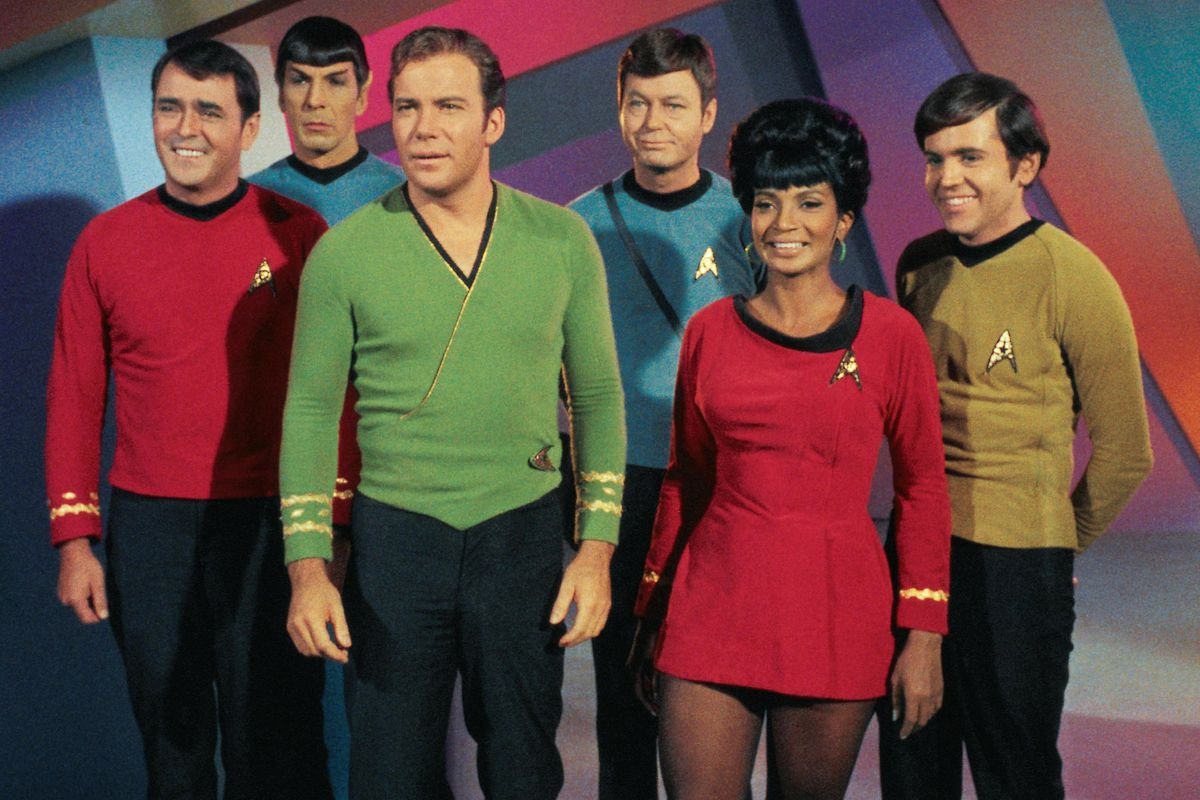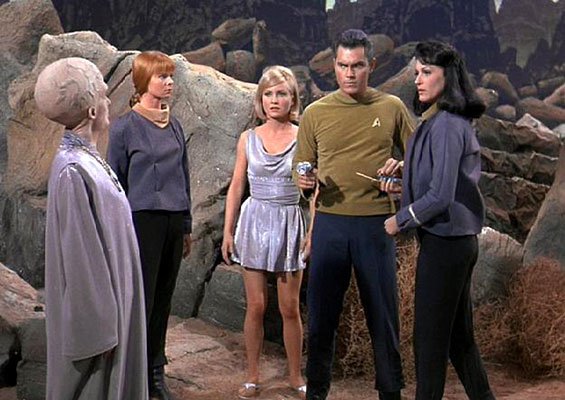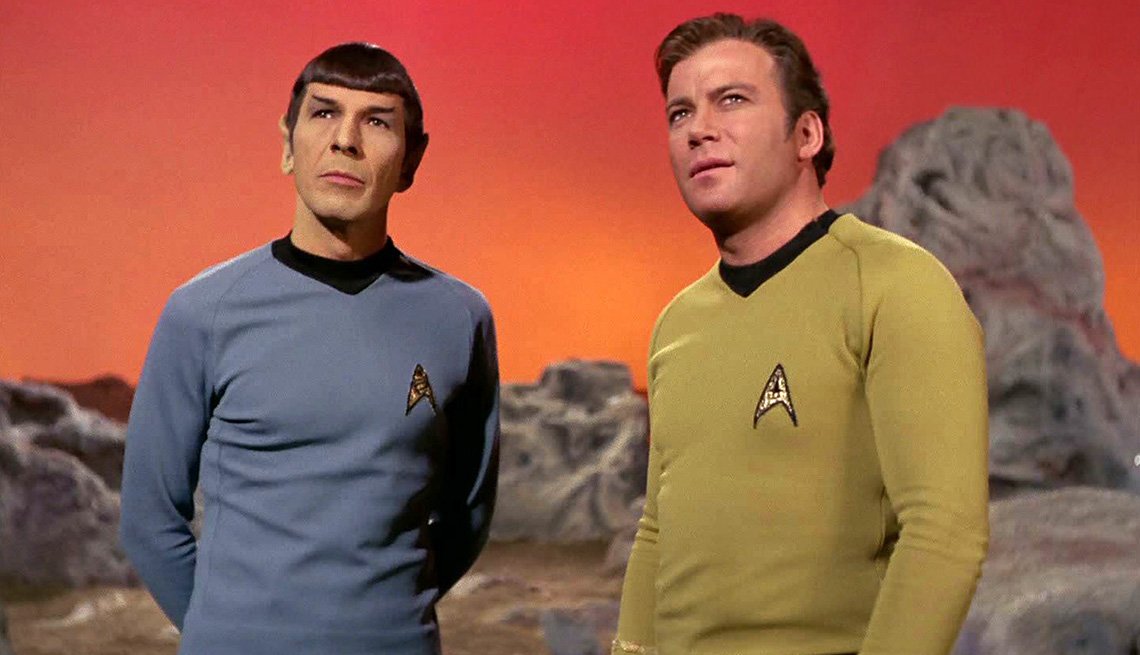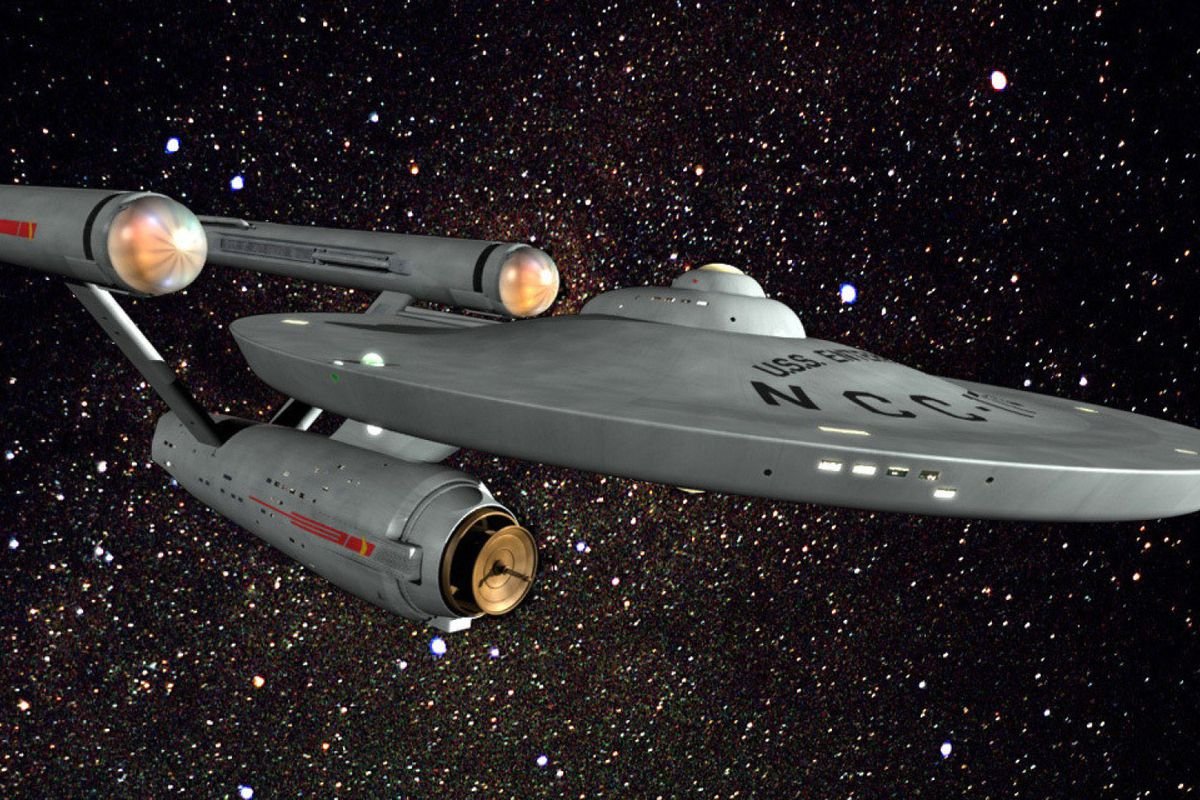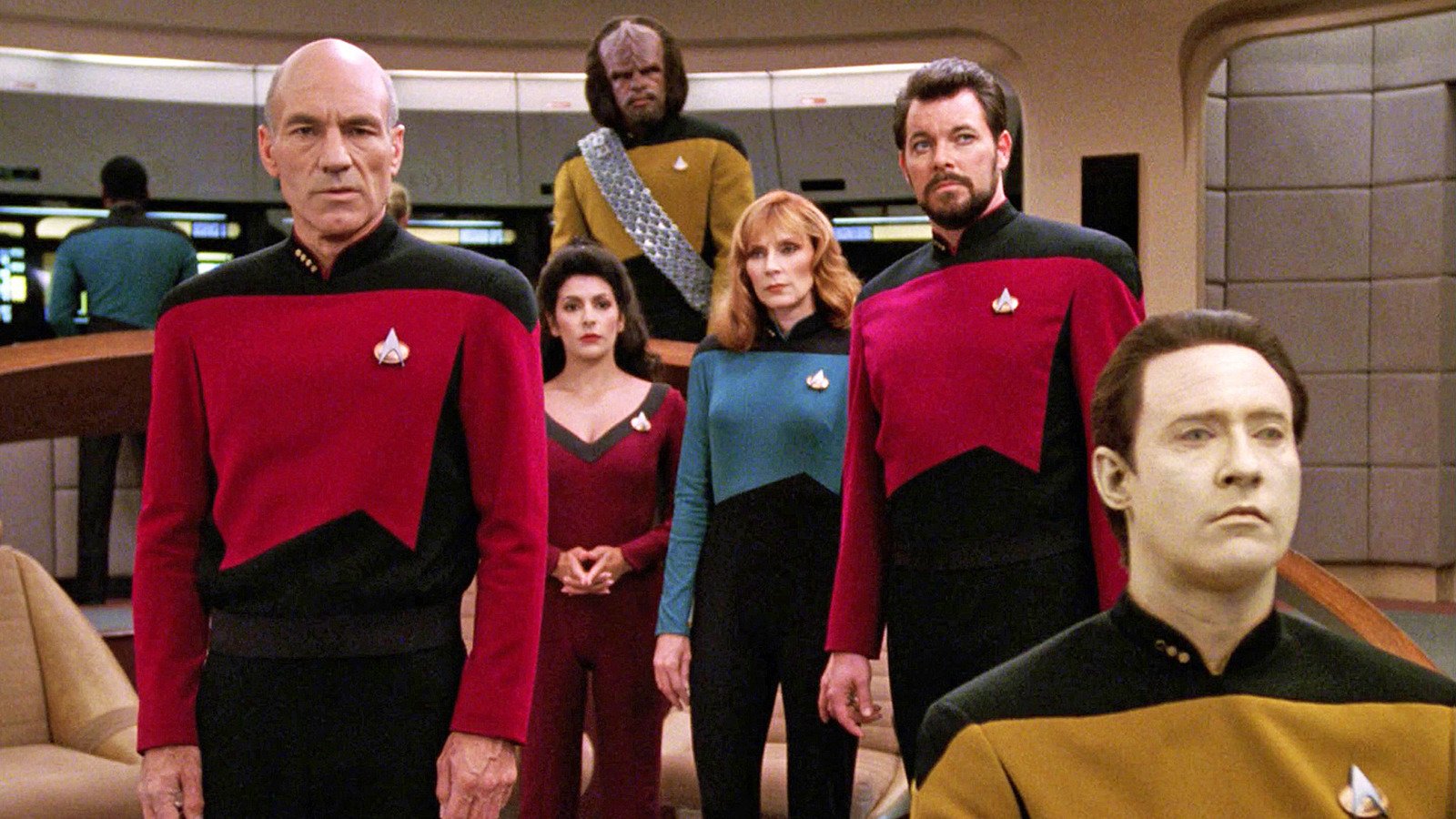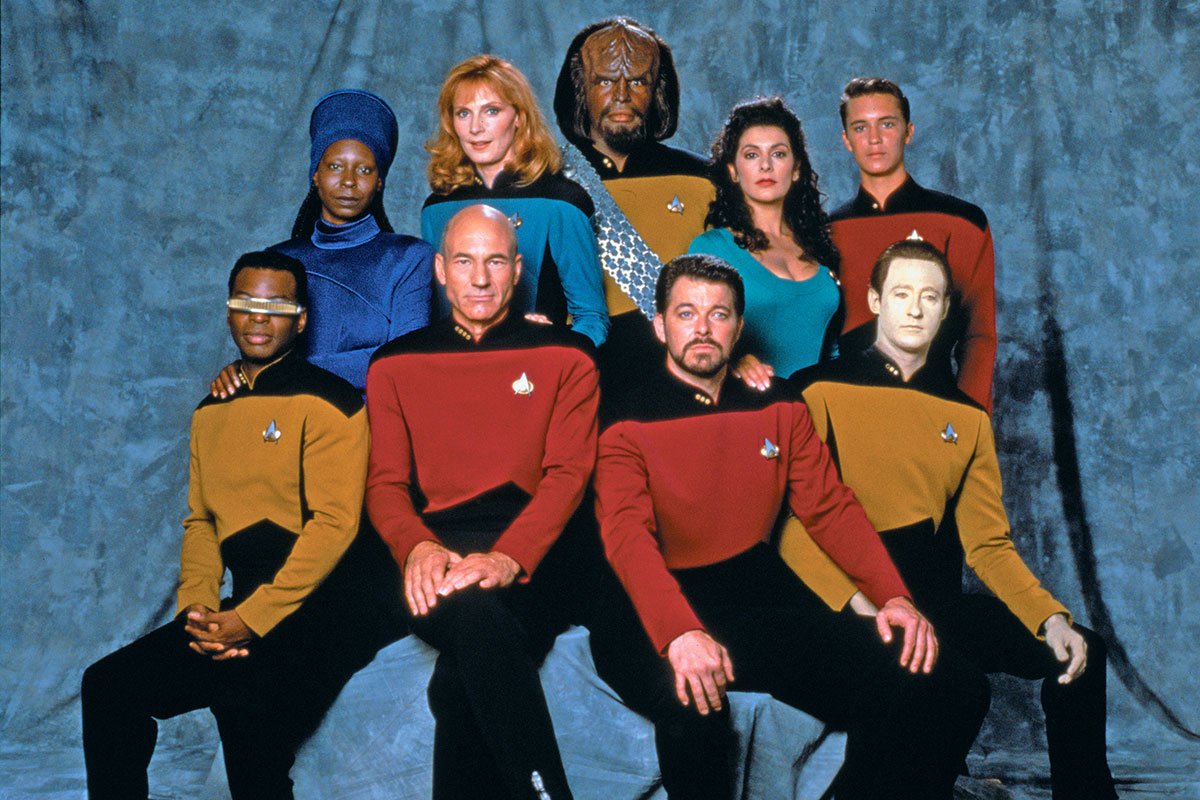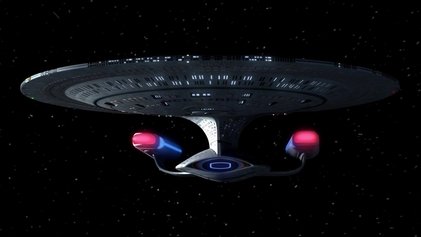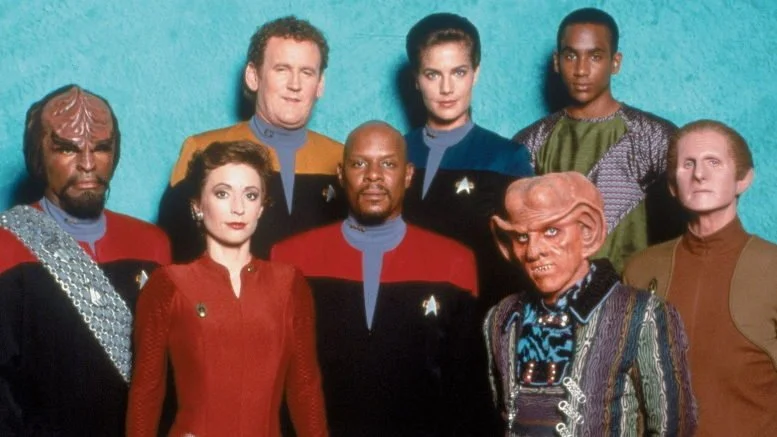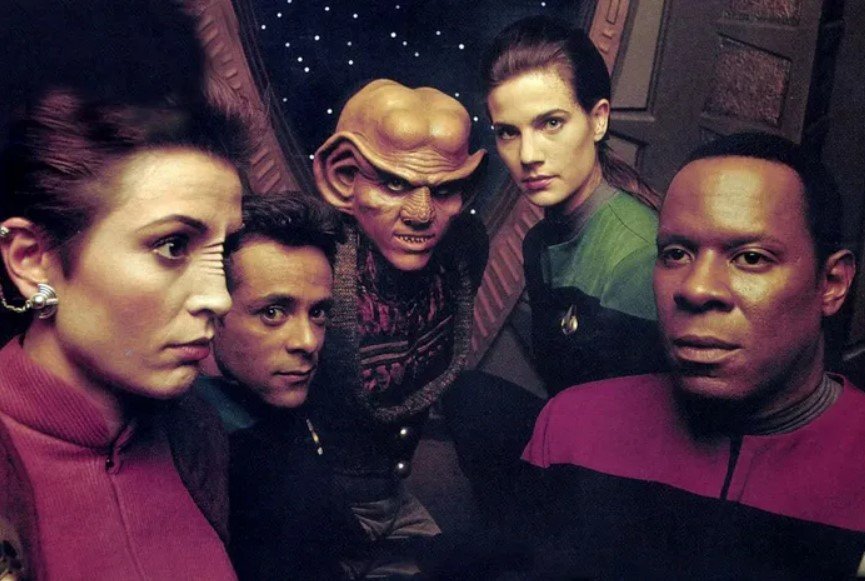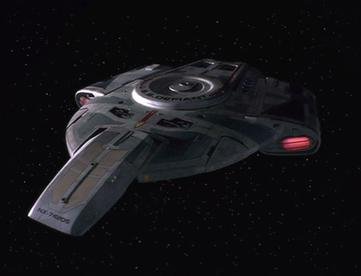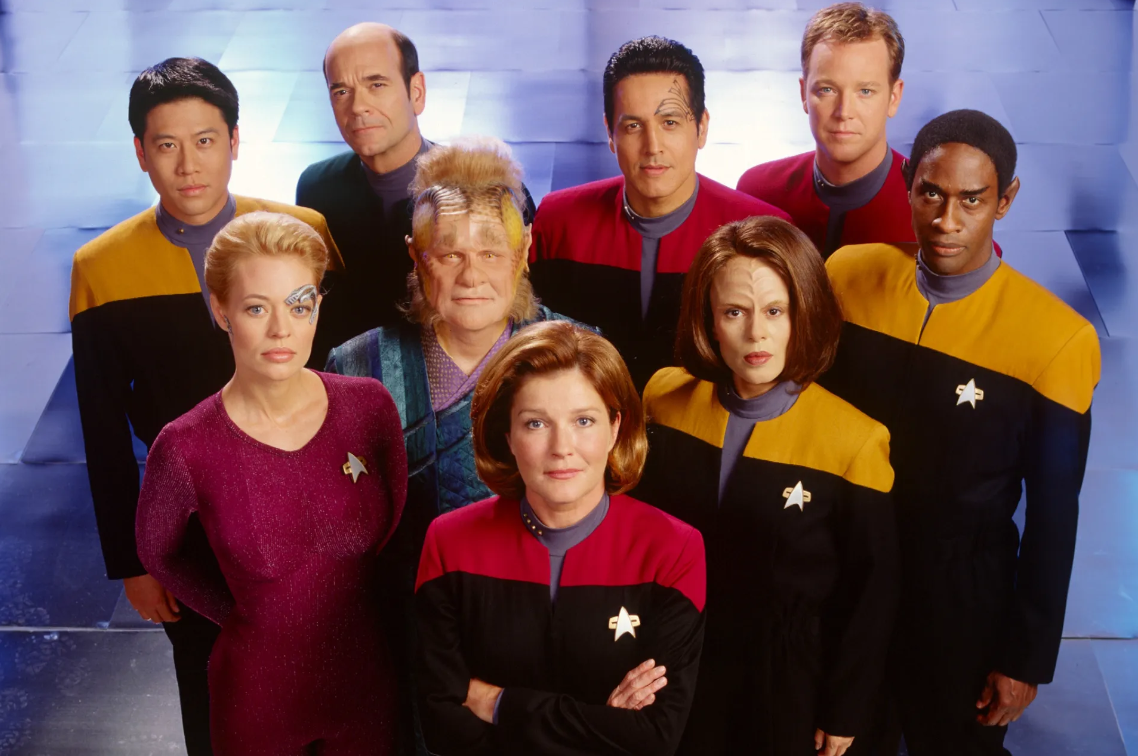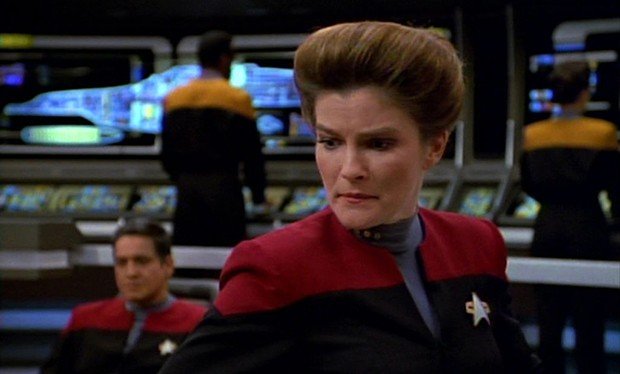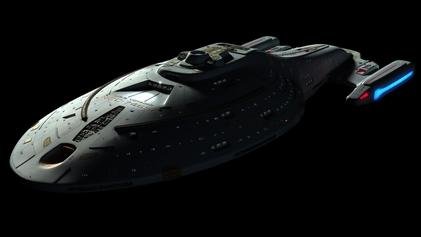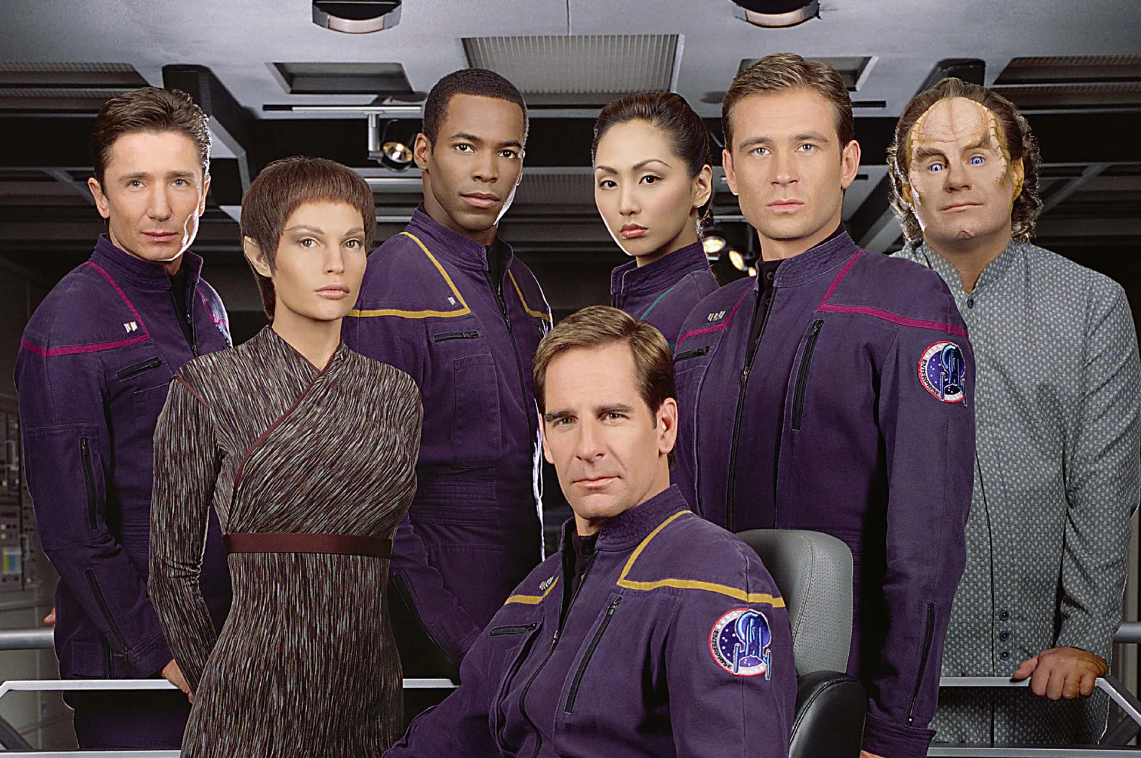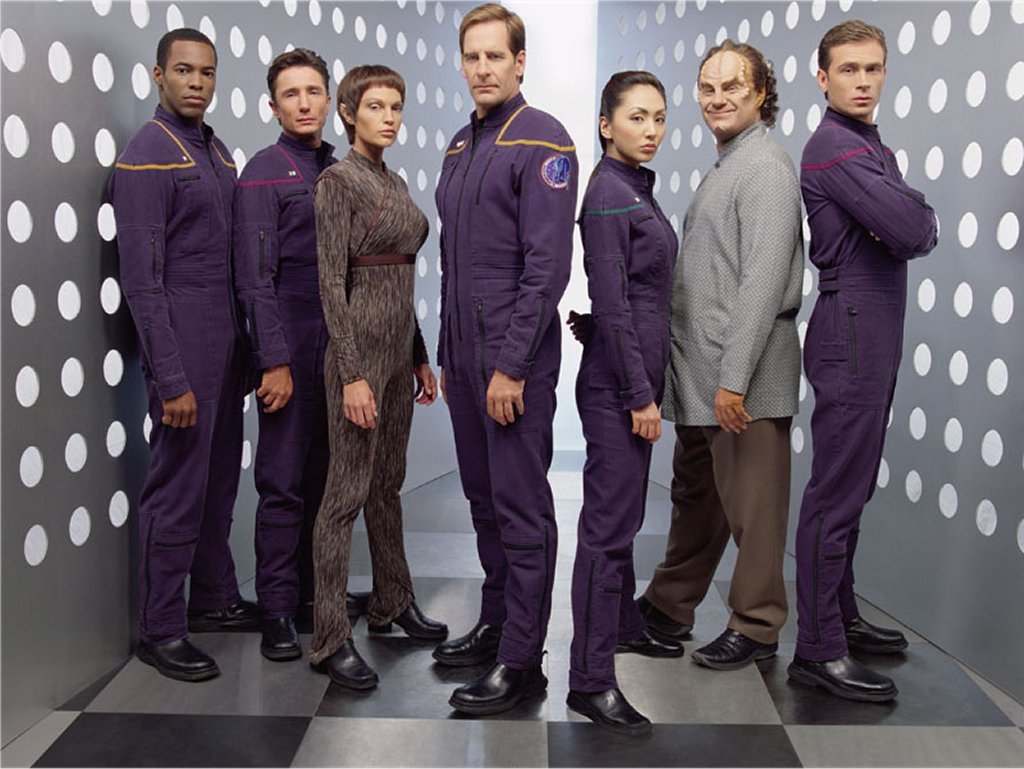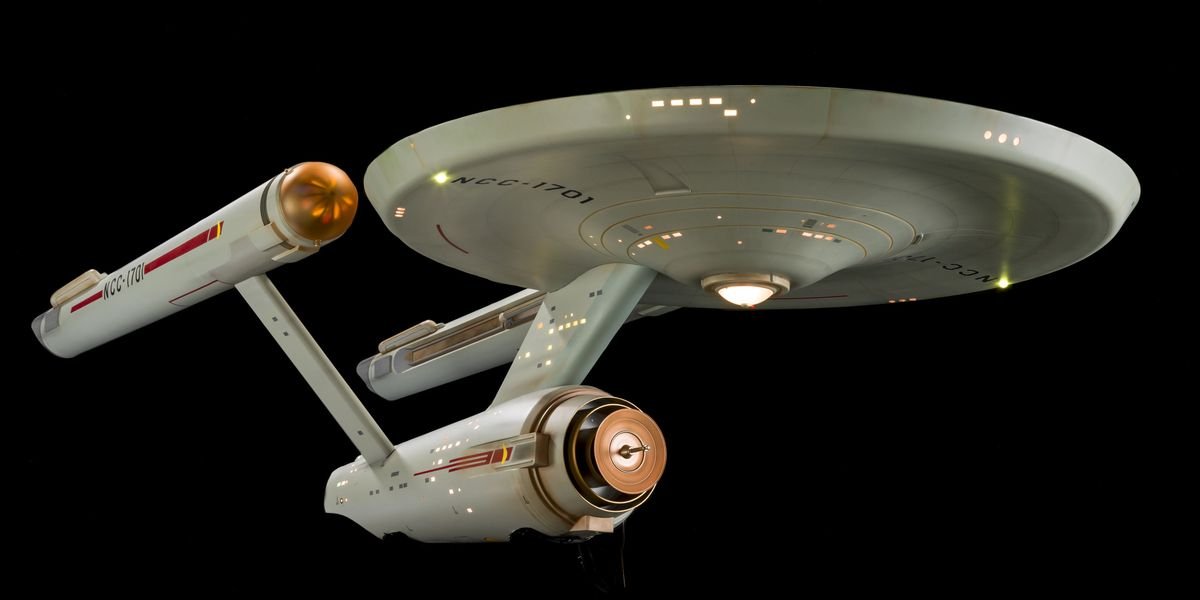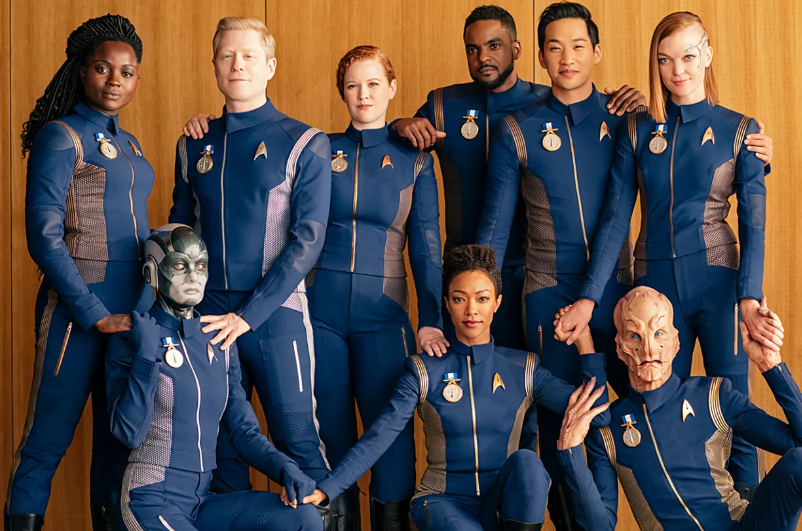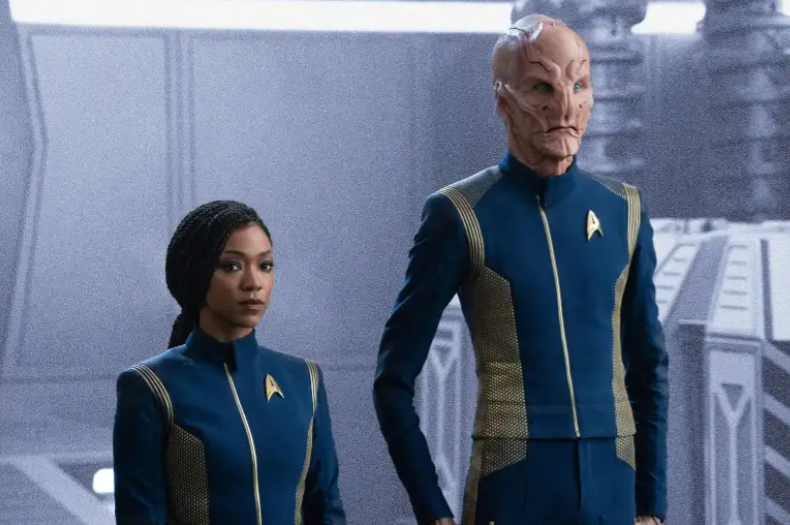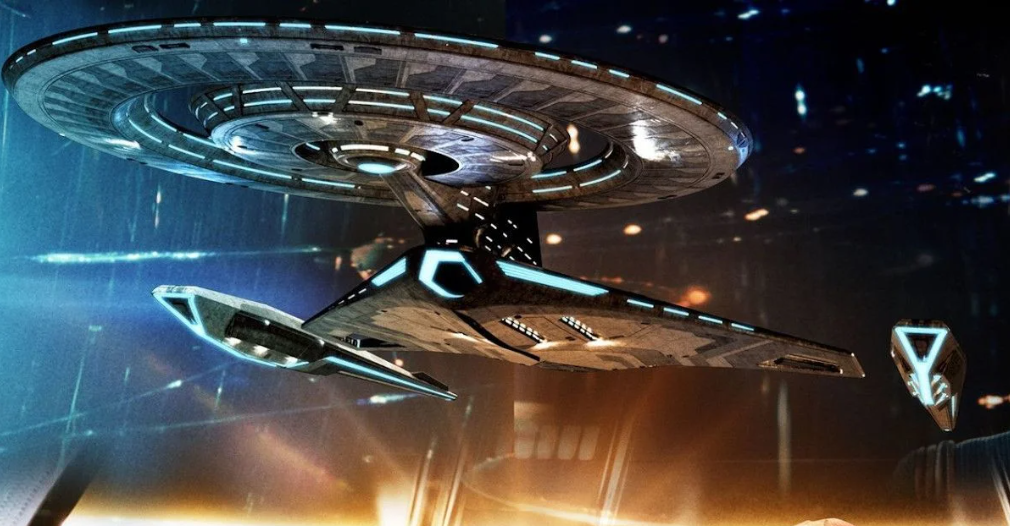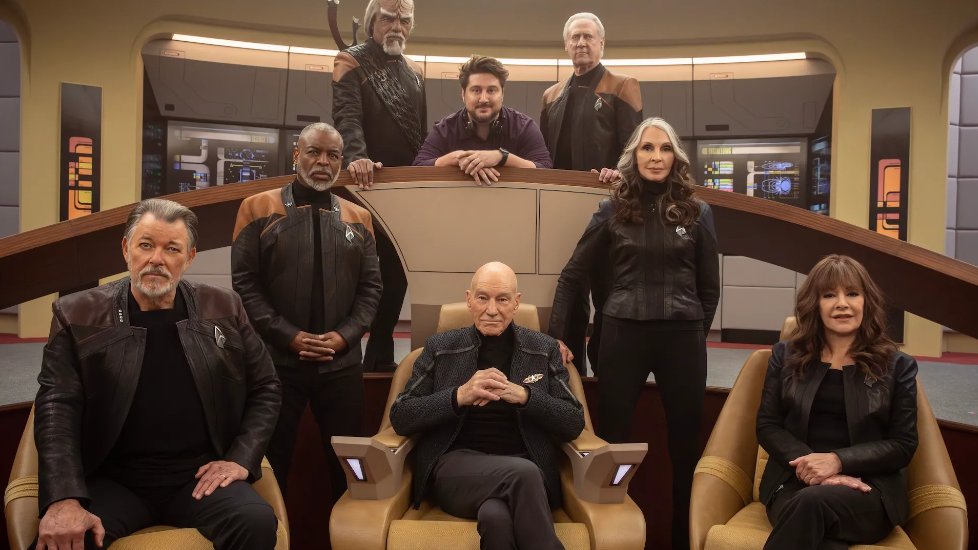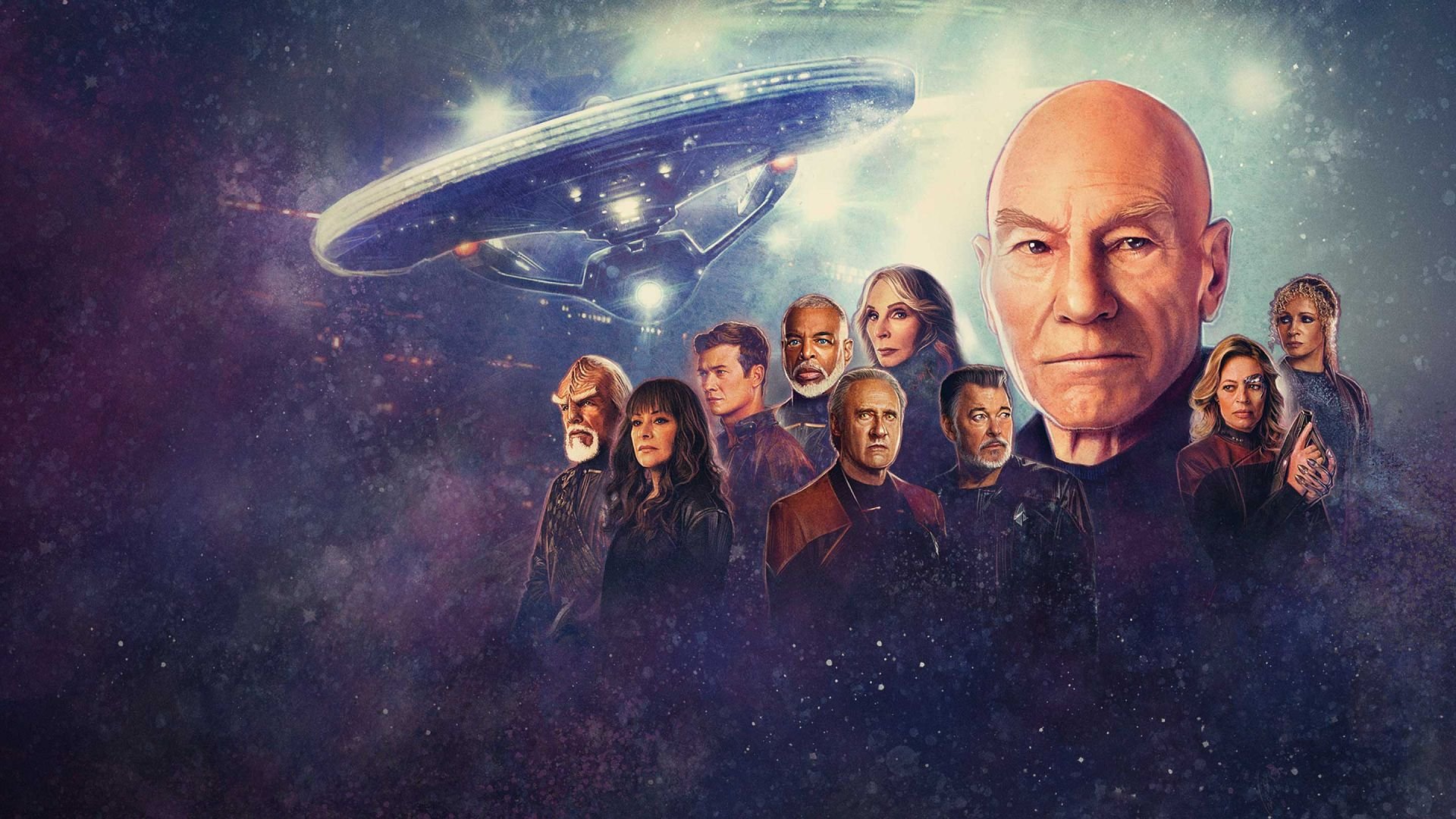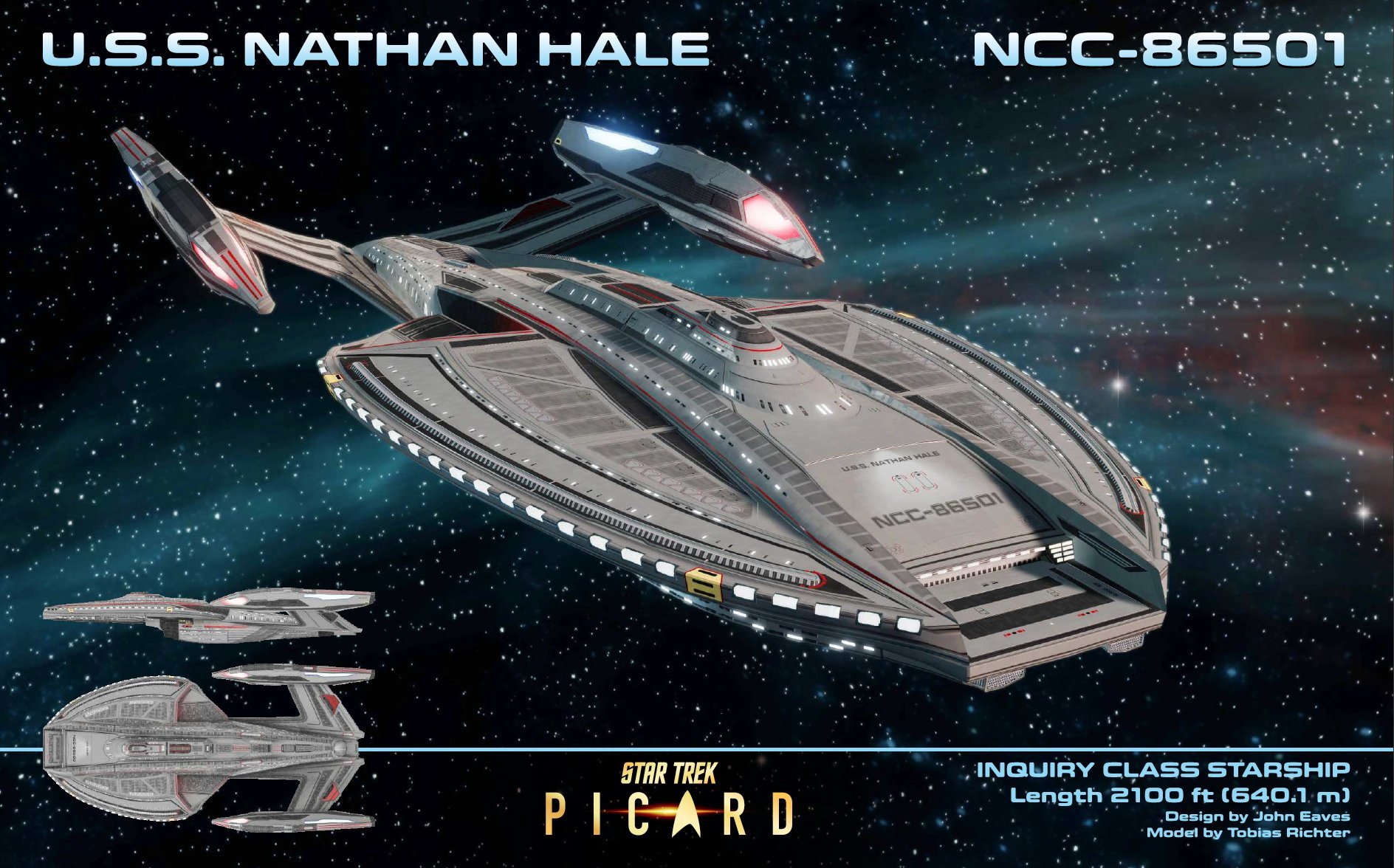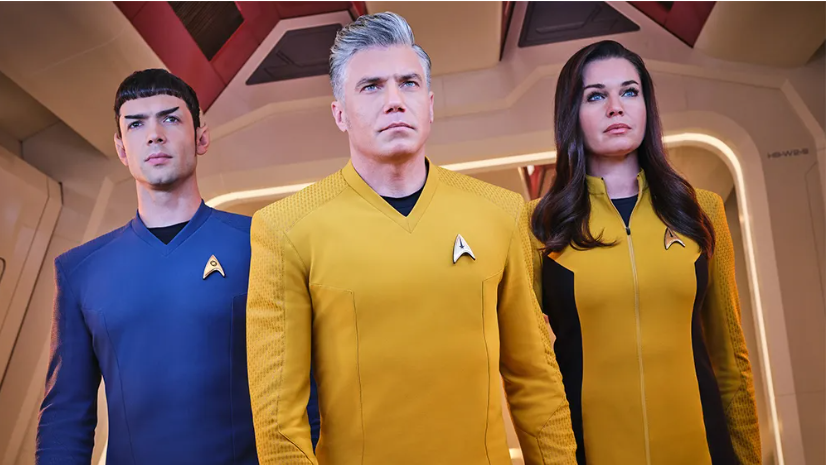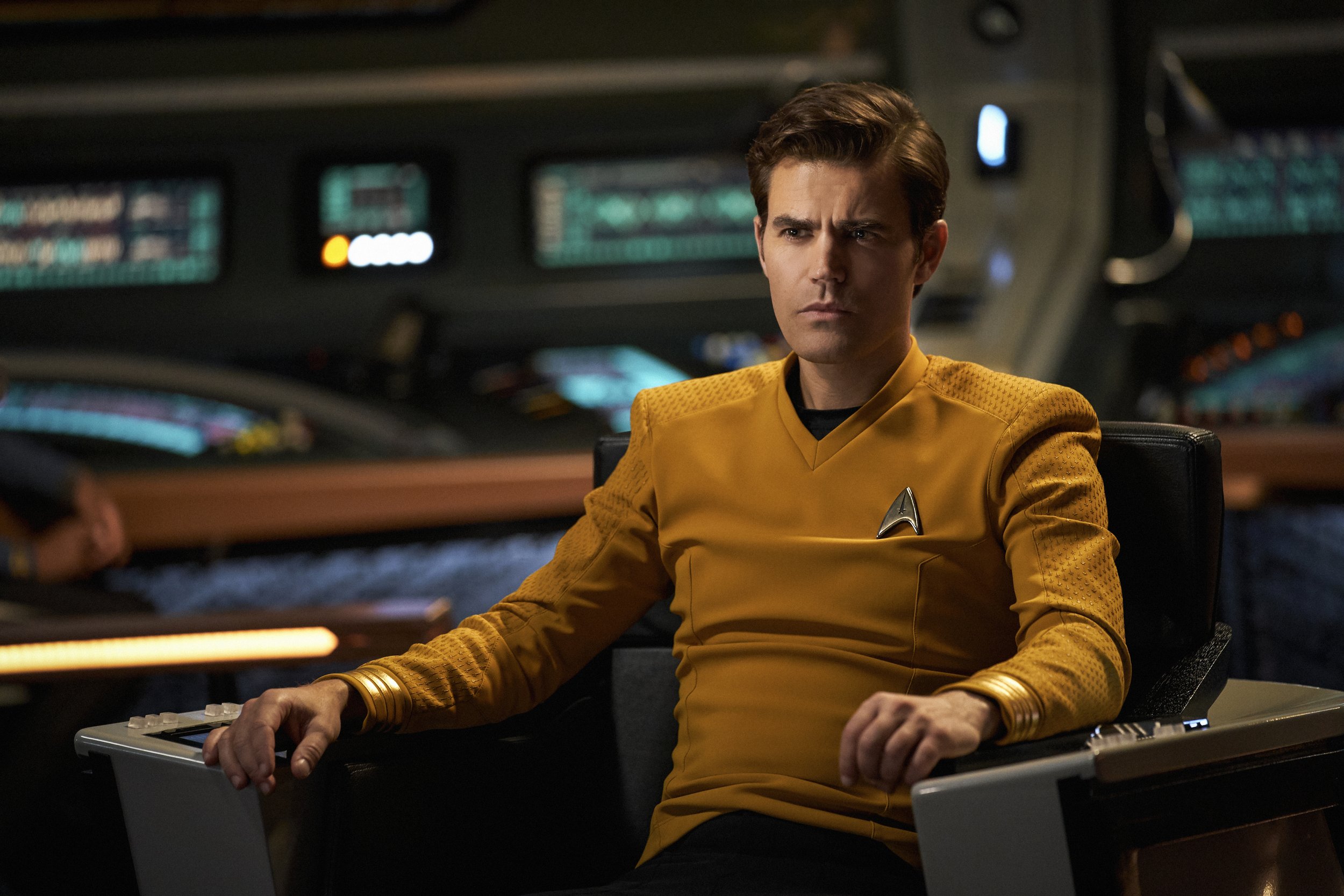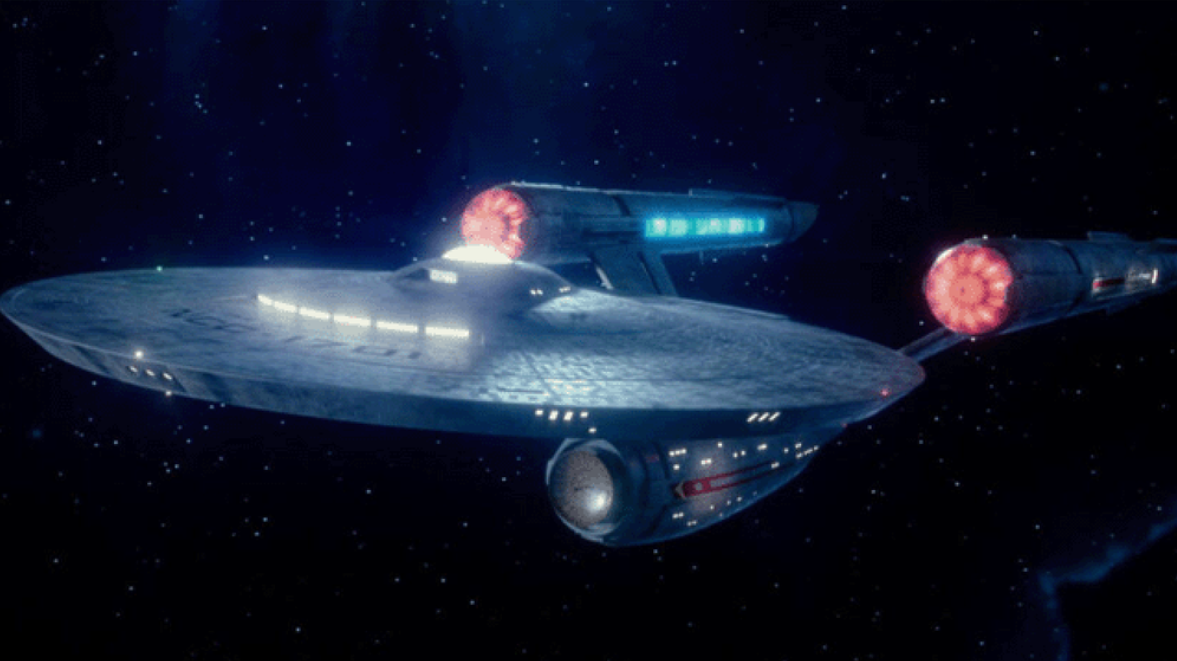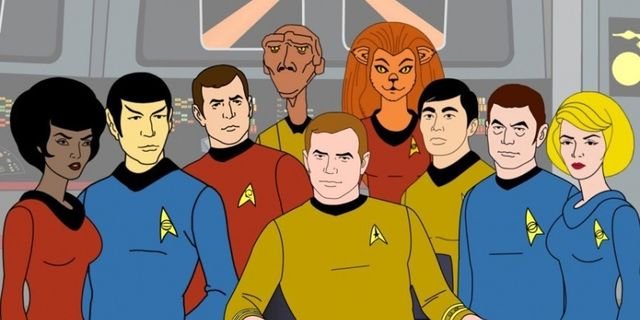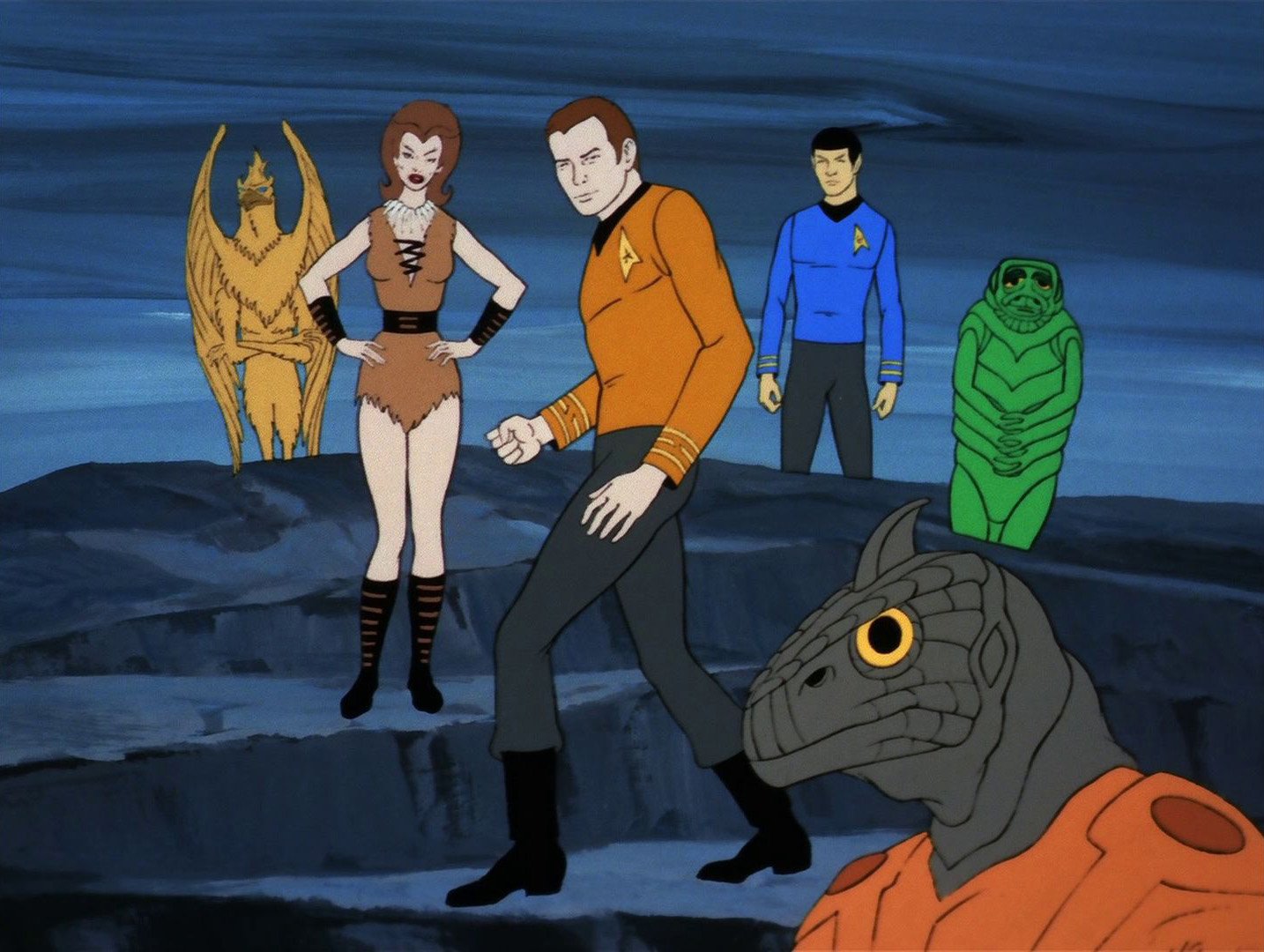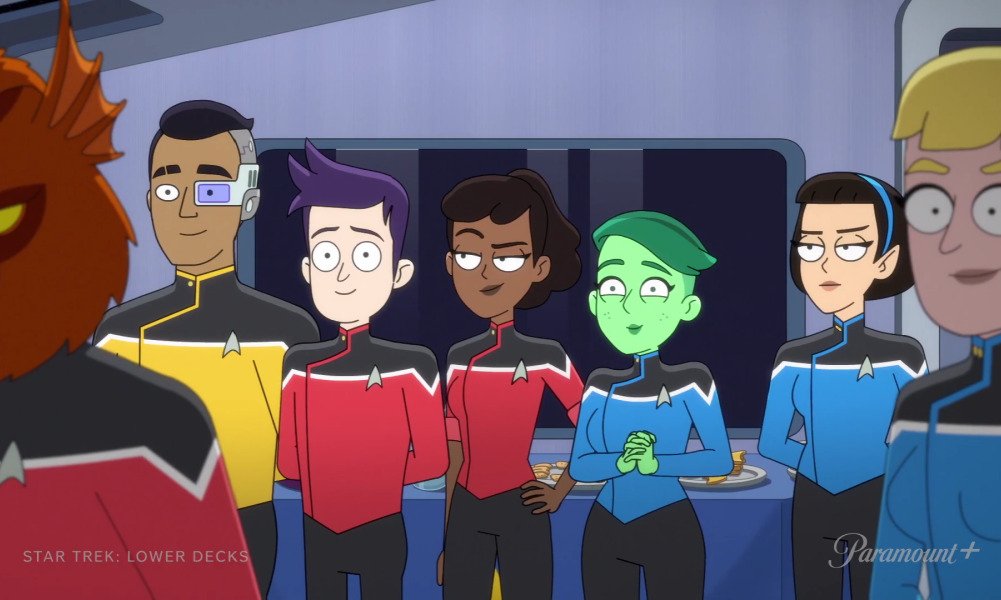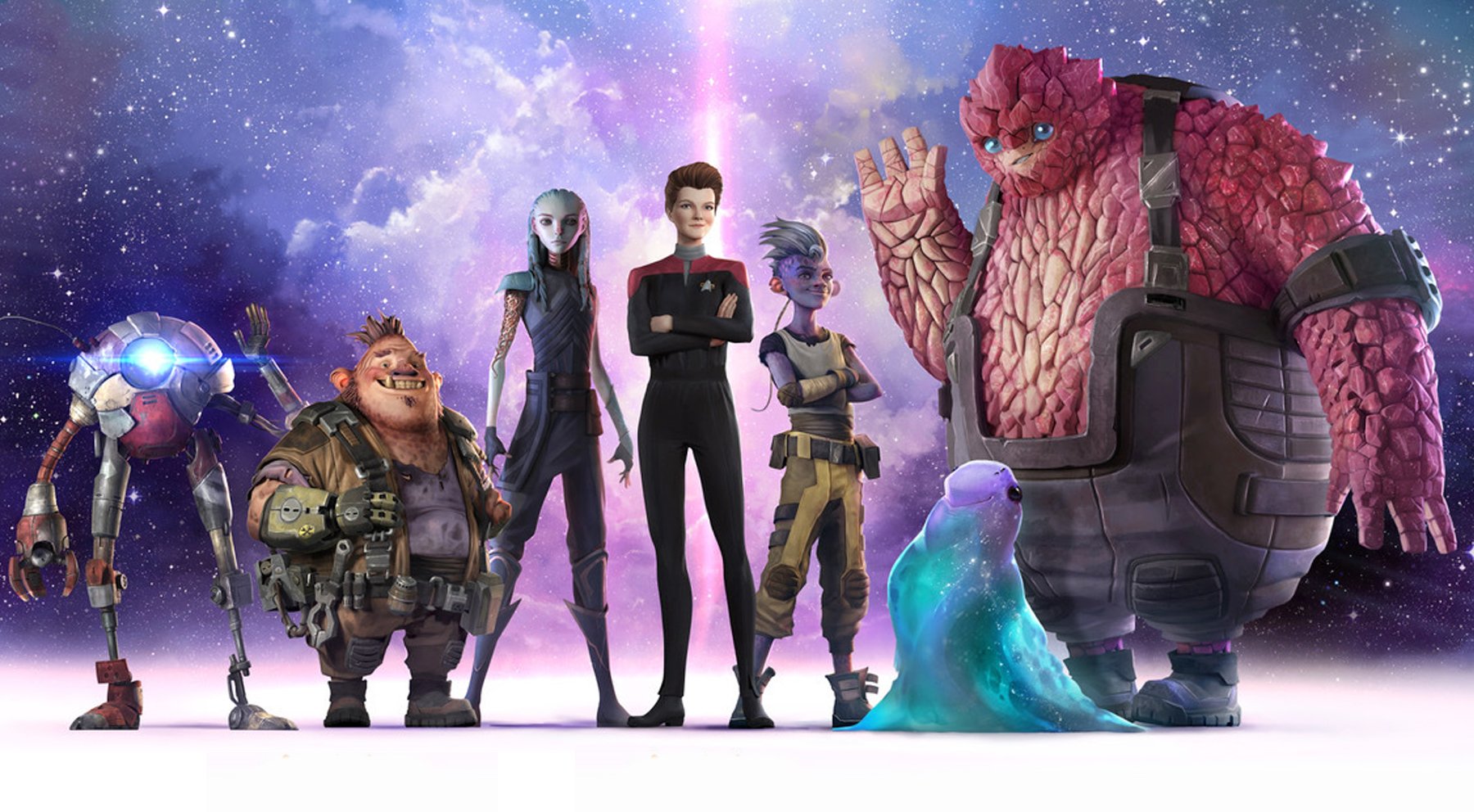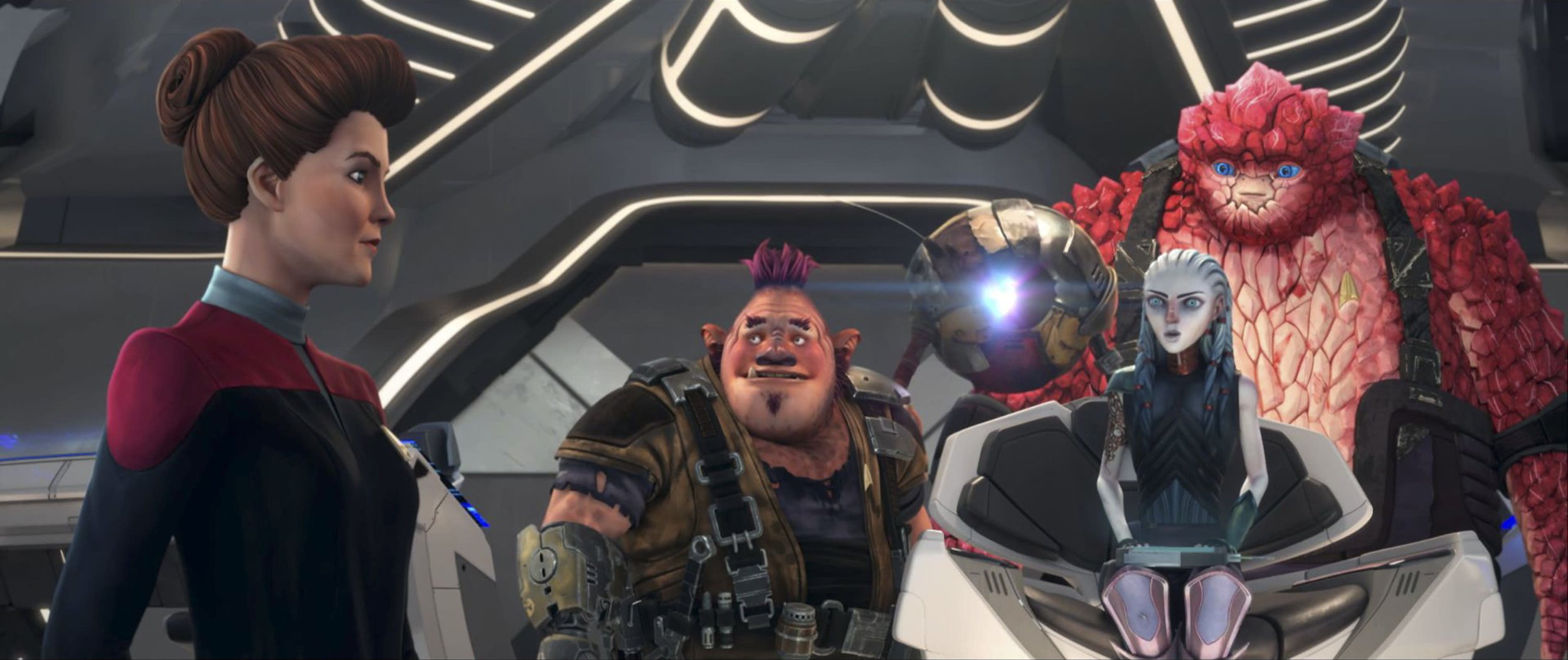Nerd Corner 3: Star Trek
Lili Jones | April 11, 2024
Welcome, traveler, to Nerd Corner: a column that serves as an introduction to nerdy topics of all kinds.
Today, the future is hopeful, kind, and thoughtful. Today, you meet beings from other worlds and planes of reality who reflect parts of yourself. Today, you enjoy Star Trek.
Gene Roddenberry’s Star Trek: The Original Series and subsequent series are a masterclass in science fiction, from their 1966 origins to modern shows today. Star Trek is one of few science-fiction shows that represent high hopes for humanity’s future, even while recognizing its faults.
Each series follows a group of people from the United Federation of Planets, an interplanetary government founded on principles of furthering the universal rights of all sentient beings and exploring the galaxy. The Federation is not warlike, and even Starfleet (essentially a space navy) focuses mainly on research, diplomacy, and defense. Star Trek dares to dream that humanity can change for the better and that the universe around us is ripe with new experiences and people.
The universe of Star Trek spans multiple shows, movies, cartoons, games, books and more- there is something for every kind of fan. If you’re new to Star Trek, you may not know where to start, so this article will act as a guide about what to expect from each main television series and recommendations for new fans.
Star Trek: The Original Series (1966): Originally pitched by creator Gene Roddenberry as a “Western in Space,” this series was the origin of the idea of outer space as “the Final Frontier.” It follows the adventures of the crew of the USS Enterprise (NCC-1701), a Federation Starship on a five-year mission to “explore strange new worlds; to seek out new life and new civilizations; to boldly go where no man has gone before.”
This three-season show takes full advantage of the burgeoning color television technology of the 1960s. It is a campy and over-dramatic thing, full of beautiful bright colors, terrible alien designs, gorgeous hand-crafted models of ships and sometimes painfully theatrical acting performances from the diverse main cast.
For the most part, each episode is a “monster of the week” mystery or political drama, with some kind of moral lesson at the end — a bit like a fairytale. But despite being made in the 1960s, the show uses its alien setting to discuss social and political issues of the era — many of which are still relevant today. Star Trek features the first interracial kiss on television and examines race, philosophy and the ethics of war. It is a great first series to watch if you love camp.
Star Trek: The Next Generation (1987): After the original series was canceled, its resurgence in popularity while in syndication led to the development of The Next Generation (TNG). This series is quintessential Star Trek. It is clear that the actors in this series were mostly theater actors to begin with, which adds to a sense of theatrical charm. This series follows the Enterprise (NCC-1701-D), the enormous successor ship to the original series, its crew and their families.
TNG mostly has the same style of one-off stories but has a much more overarching plot than the Original Series. This world feels far more fleshed out and features recurring plotlines and villains such as Q, a godlike being “judging” humanity’s evolution, or the Borg, a hivemind of forcefully cybernetically enhanced people stolen from species across the universe.
This is the best Star Trek series to start with. If you like The Next Generation, you will want the core fundamentals of every Star Trek series.
Deep Space Nine (1993): Deep Space Nine (DS9) is one of the best-written Star Trek Shows and one of the less-traditional stories of the series. It focuses on the titular Deep Space Station, located between a planet that recently declared independence from occupation by colonizers and an incredibly scientifically and spiritually significant wormhole that leads to a different quadrant of space.
The people of the planet (Bajor) believe their gods live within the wormhole, but other groups, including the Federation, want to use it to travel from one side of the galaxy to another. Commander Benjamin Sisko is tasked with acting as “Emissary” for the alien species that exist in the wormhole and managing the tenuous political position of the Federation space station and the non-federation people who call it home.
This show is a fantastic political, spiritual, and personal drama that explores themes of religion, gender and sexuality, war and family. Please watch DS9; it is so good, I promise.
Voyager (1995): Voyager features a crew made up of Starfleet officers and ex-federation colonists turned terrorists called the Maquis working together after being mysteriously thrown over 70,000 lightyears away from Earth to the galaxy’s Delta Quadrant by an unknown alien force. The crews must work together to survive and get home despite their differing ideologies.
This series has some of the best villains of any Star Trek franchise and features heartwarming found-family dynamics as the two crews bond over the many years they spend traveling home together. Voyager also features the first female character captain in Star Trek and a main character later revealed to be a lesbian in subsequent series. Despite the more somber nature of this series, Voyager isn’t afraid to get freaky with it (don’t ask about the captain and pilot’s mutant salamander babies).
Enterprise (2001): This series focuses on the first warp-5-capable vessel in Starfleet. It is set an entire century before the original series and has some exciting things going on, but somehow feels more sexist at times than episodes from the 1960s. Only watch this if you’re a completionist like myself and expect to be disappointed, as the show only starts to get really good right before it ends. The theme song is a banger, though.
Discovery (2017): Discovery has a remarkably modern aesthetic and a story set a few years before the original series. It focuses on the travels of Michael Burnham, who, after causing the death of her captain and role model, is forced to serve as a specialist on the experimental ship Discovery.
This series has much going on and is my least favorite of the modern era of Star Trek shows because each season feels completely disparate in tone and characterization. Still, Discovery’s snappy pacing, edgier storylines, and movie-quality special effects and set designs might be for you.
Plus, the series features a whole host of queer characters, including trans, nonbinary, and gay characters.
Picard (2020): Picard is like a victory tour for lovers of The Next Generation and Voyager, but if you haven’t seen TNG, this series is basically unwatchable. It relies heavily on understanding at least some major plot points and characters from the older shows. So, if you really liked TNG, this is a great follow-up series.
Strange New Worlds (2022): Set on the Enterprise, just before the events of the original series, it features characters from the very first Star Trek pilot episode and subsequent series. Strange New Worlds tries to bring back some of the color, fun, and philosophy from the older Star Trek series. It feels very fan-servicey at times but does genuinely have a lot of good ideas and strong characters. One of the main themes of this show is healing from trauma and persevering in the face of insurmountable challenges.
Star Trek: The Animated Series (1974), Lower Decks (2020) and Prodigy (2021):
The animated series is terrible but fun and campy, like the original series. Watch for fun if you love camp. Plus, the entire original cast came back to voice their characters!
Lower Decks is an adult animated comedy centered on the lives of ensigns and what are typically background characters in Star Trek's most “Star Trek” series. This is a show about Star Trek nerds, made by Star Trek nerds, for Star Trek nerds— but it is still a funny adult swim-esque show, even if you don’t catch all the numerous references.
Prodigy is a beautifully animated kid's show that is mature enough to be enjoyed by anyone. It is a pretty good introduction to the franchise, but it focuses on children from an enslaved planet freeing themselves and joining Starfleet.
My recommendation is to begin with the Next Generation, then watch the Original series, and then go in chronological order afterward. None of the older shows need the others for context, so you can really go in any order. The most skippable series are Enterprise, any of the animated series, Picard, and the last two seasons of Discovery.
Suppose you are interested in Science Fiction or just need a palette cleanser from the horrors of modern life. In that case, Star Trek is a beautiful series, a beautiful community, and a beautiful idea for the future.
If you want to talk about Star Trek, please reach out to ljones.f22@warren-wilson.edu
Engage!


